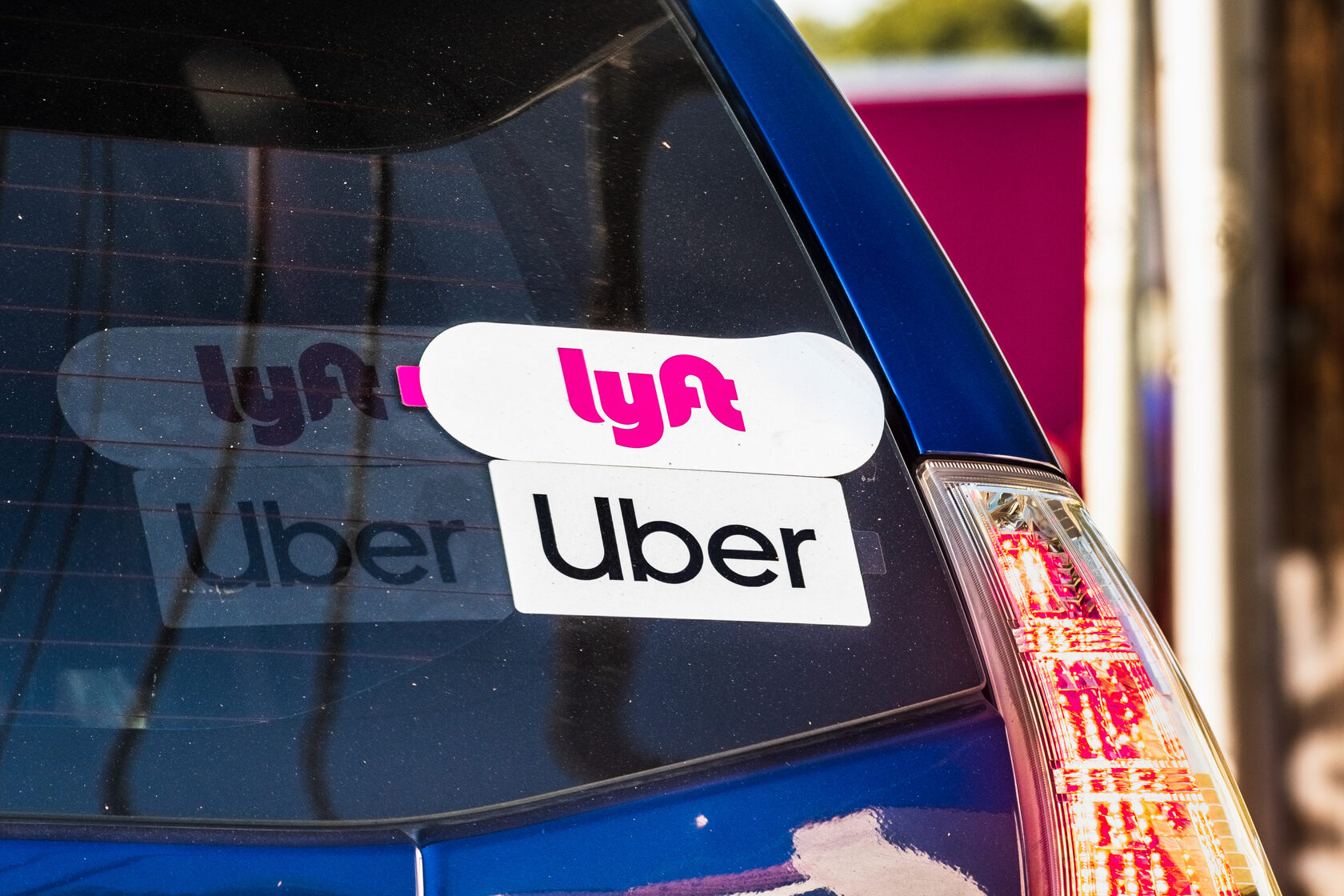There is an increasing number of rideshare and delivery startups that use drivers as independent contractors.
Three years ago, Californians passed Proposition 22 which added sections 7448 to 7467 to the California Business and Professions Code. It gave ridesharing and delivery companies such as Uber, Lyft, and DoorDash the ability to continue classifying their drivers as independent contractors. Immediately, a group of drivers challenged it. As independent contractors, these workers forgo overtime pay and employee benefits in exchange for the right to set their own work schedule and receive increased tax benefits.
In March, the Court of Appeal determined in Castellanos v. State of California, 89 Cal.App.5th 131 (2023) that Proposition 22 was mostly constitutional. The appellate court reinstated the ride-sharing and delivery app companies' right to determine whether their drivers are employees or independent contractors. What does this mean for ride-share and delivery startups?
What not to do?
According to Proposition 22, startups cannot structure their app in certain ways. For example:
What must companies do?
Companies also have many "must's" to do. For example, companies must:
So, to avoid costly misclassification lawsuits from drivers, ride-share and delivery startups should carefully design their apps in compliance with the Code requirements.
This blog does not constitute legal advice. It contains only general information. To know whether a specific company is compliant with the law, please consult with an attorney.
IB Law Firm is a boutique business litigation firm located in San Francisco.
Three years ago, Californians passed Proposition 22 which added sections 7448 to 7467 to the California Business and Professions Code. It gave ridesharing and delivery companies such as Uber, Lyft, and DoorDash the ability to continue classifying their drivers as independent contractors. Immediately, a group of drivers challenged it. As independent contractors, these workers forgo overtime pay and employee benefits in exchange for the right to set their own work schedule and receive increased tax benefits.
In March, the Court of Appeal determined in Castellanos v. State of California, 89 Cal.App.5th 131 (2023) that Proposition 22 was mostly constitutional. The appellate court reinstated the ride-sharing and delivery app companies' right to determine whether their drivers are employees or independent contractors. What does this mean for ride-share and delivery startups?
What not to do?
According to Proposition 22, startups cannot structure their app in certain ways. For example:
- A company cannot unilaterally prescribe specific dates, times of day, or a minimum number of hours for drivers to stay logged in. (Section 7451(a)).
- A company cannot require drivers to accept specific rideshares or delivery requests as a condition for access to the app. (Section 7451(b)).
- A company cannot restrict drivers from working for other rideshare or delivery companies (except during the engaged time). (Section 7451(c)).
- A company cannot restrict drivers from working in any other lawful way. (Section 7451(d)).
- A company cannot withhold or require any portion of the tips, not even the card processing fees. (Section 7453(c)).
- A company cannot refuse to contract, terminate, or deactivate drivers based on race, color, religion, age, and other protected statuses. (Section 7456).
What must companies do?
Companies also have many "must's" to do. For example, companies must:
- require drivers to sign an agreement prior to giving them access to the app (Cal. Bus. & Prof. Code Section 7452(a)).
- specify all potential termination reasons in the contract and provide for an appeals process to contest the termination decision (Section 7452(b)-(c)). The company cannot terminate drivers for unspecified in the contract reason.
- pay drivers at least 120% of minimum wage for the driver's engaged time plus the per-engaged-mile compensation for vehicle expenses. (Section 7453).
- maintain a record of the amount of drivers' engaged time and engaged miles. (Section 7463(f)).
- allow drivers the option to accept or decline each rideshare or delivery request. (Section 7463(f)).
- offer certain qualifying drivers healthcare subsidies. (Section 7454).
- carry, provide, or make available to drivers occupational accident and death insurance with certain minimum coverage. Also, companies must have automobile liability insurance. (Section 7455).
- develop and post online a sexual harassment policy and require drivers to review and confirm that they read the policy prior to starting their rideshares or deliveries. (Section 7457).
- conduct the initial criminal background checks of drivers. (Section 7458).
- provide and require drivers to go through safety training. (Section 7459).
- implement a "zero tolerance" policy for drivers under influence of drugs or alcohol with an immediate suspension upon reasonable reports. (Section 7460).
- implement a cap on drivers' logged-in and driving time of 12 hours within 24 hours. The app must automatically log the driver out after 12 hours and keep the driver out for at least 6 hours. (Section 7461).
So, to avoid costly misclassification lawsuits from drivers, ride-share and delivery startups should carefully design their apps in compliance with the Code requirements.
This blog does not constitute legal advice. It contains only general information. To know whether a specific company is compliant with the law, please consult with an attorney.
IB Law Firm is a boutique business litigation firm located in San Francisco.
